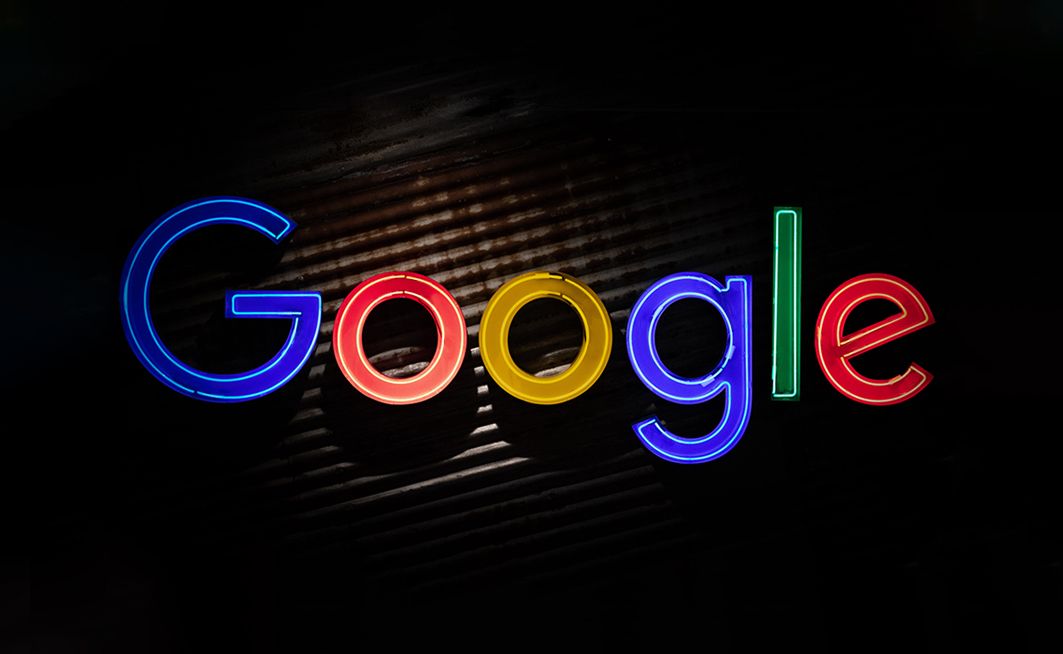Introduction
Google AI Overviews, the feature that summarizes search results, now cites 10% AI-generated content. This finding from a recent study raises concerns about the reliability and quality of online information.
Context
The surge of AI-generated content online has led to a situation where AIs are referencing material created by other AIs. This "feedback loop" phenomenon threatens the transparency and accuracy of search results.
Quick Definition
10% of sources cited by Google AI Overviews are AI-generated, according to Originality.ai.
The Problem / Challenge
The main concern is "Model Collapse": when AIs learn from data produced by other AIs, irreversible defects can arise. This cycle risks lowering information quality and spreading errors.
Solution / Approach
Originality.ai's study analyzed 29,000 YMYL (Your Money or Your Life) Google queries using its AI detection tool. Results: 10.4% of cited sources in Overviews were likely AI-generated, 74.4% human-written, and 15.2% unclassifiable.
Direct Answer
Google disputes the study's methodology, arguing that AI detectors are unreliable and sources change dynamically.
"This is a flawed study relying on partial data and unreliable technology. AI detectors have not proven their effectiveness at detecting AI generated content – in fact, many have demonstrated they are error-prone. As in Search more broadly, the links that are included in AI Overviews are dynamic and change based on the information that is most relevant, helpful, and timely for a given search."
Google spokesperson
Conclusion
The growing presence of AI-generated content in Google AI Overviews raises questions about the future quality of online information. The risk of "model collapse" and the challenge of distinguishing human from artificial sources require increased attention from users and developers.
FAQ
- How common is AI-generated content in Google AI Overviews?
About 10% of cited sources are AI-generated, according to Originality.ai. - What risks does the AI feedback loop pose?
The main risk is "model collapse," with possible irreversible defects in AI models. - Does Google confirm these findings about LLM traffic?
No, Google disputes the methodology and reliability of AI detectors. - How are sources selected in AI Overviews?
Sources are dynamic and change based on relevance and timeliness. - Are most AI Overview citations human-written?
Yes, 74.4% of analyzed sources were human-written. - What are the implications for AI search?
The rise of AI content may negatively affect the quality of available information.
